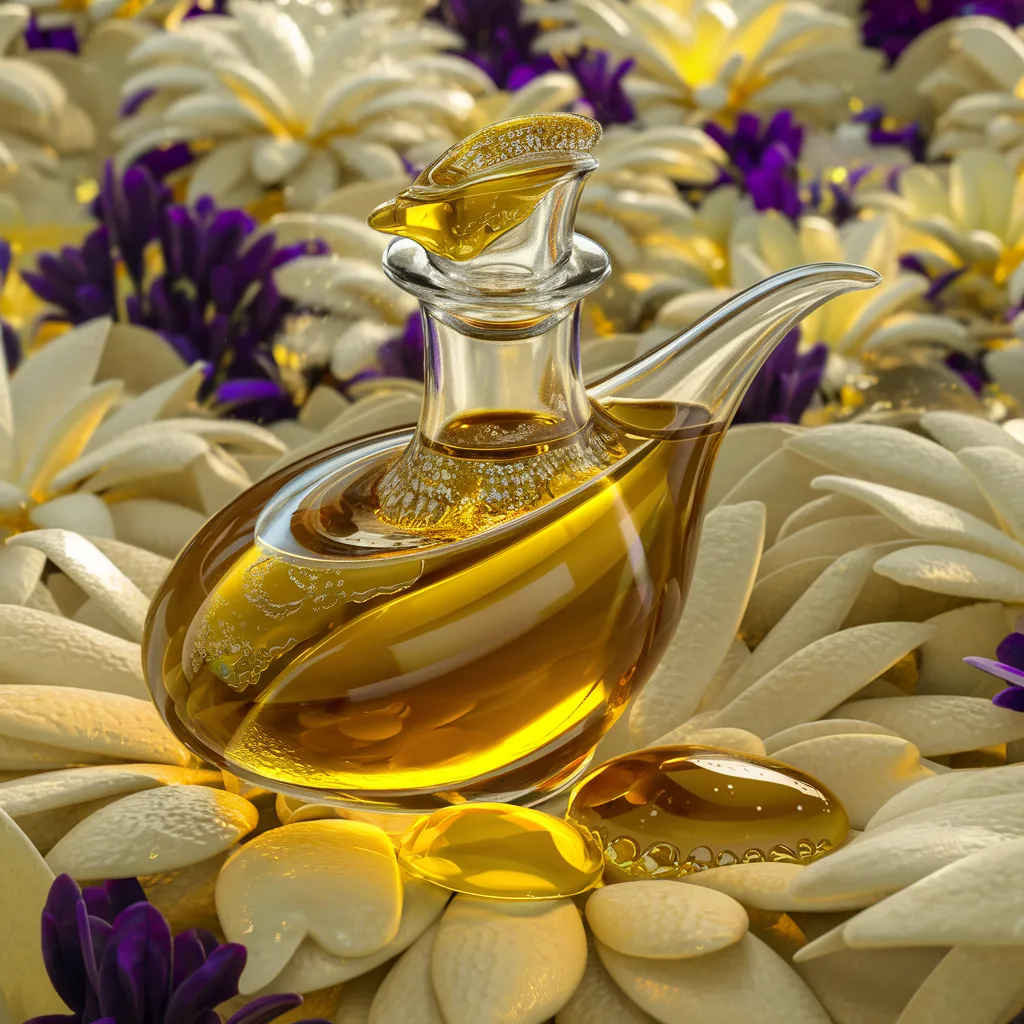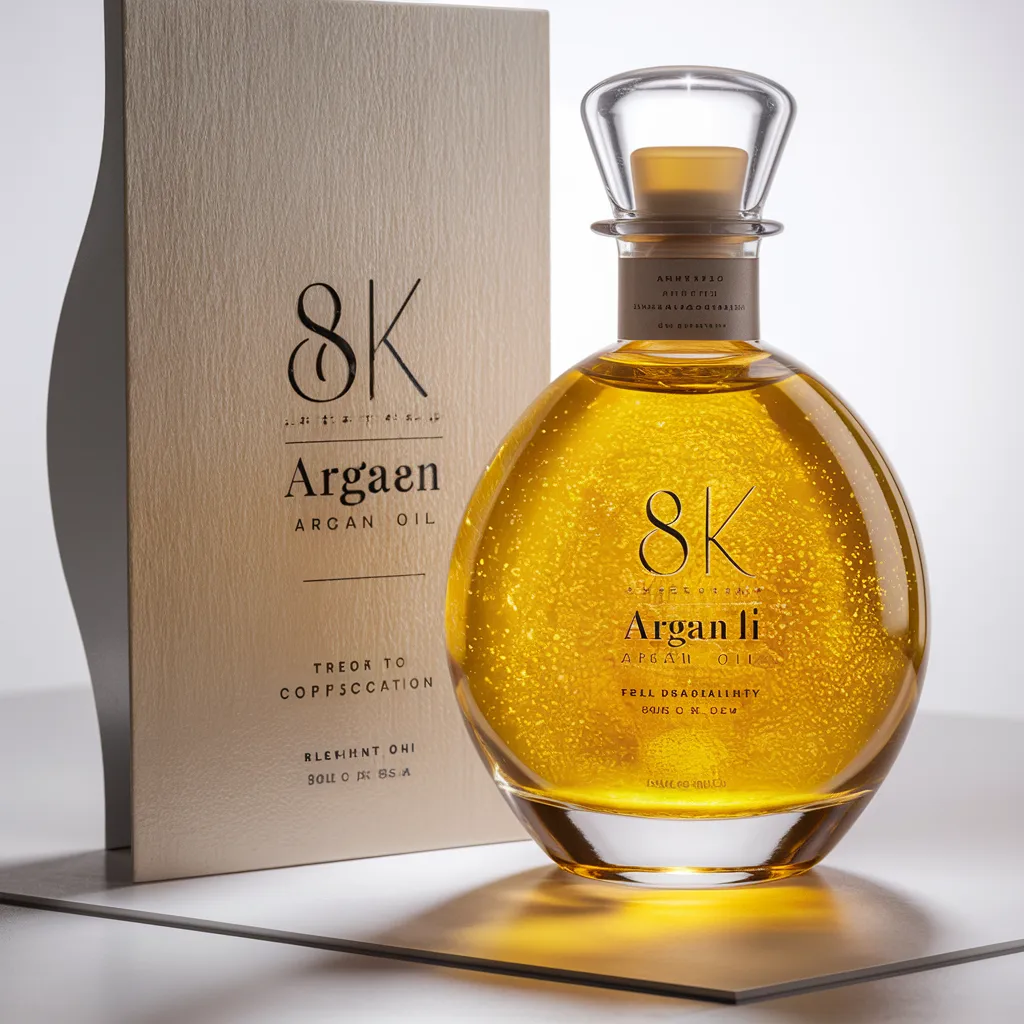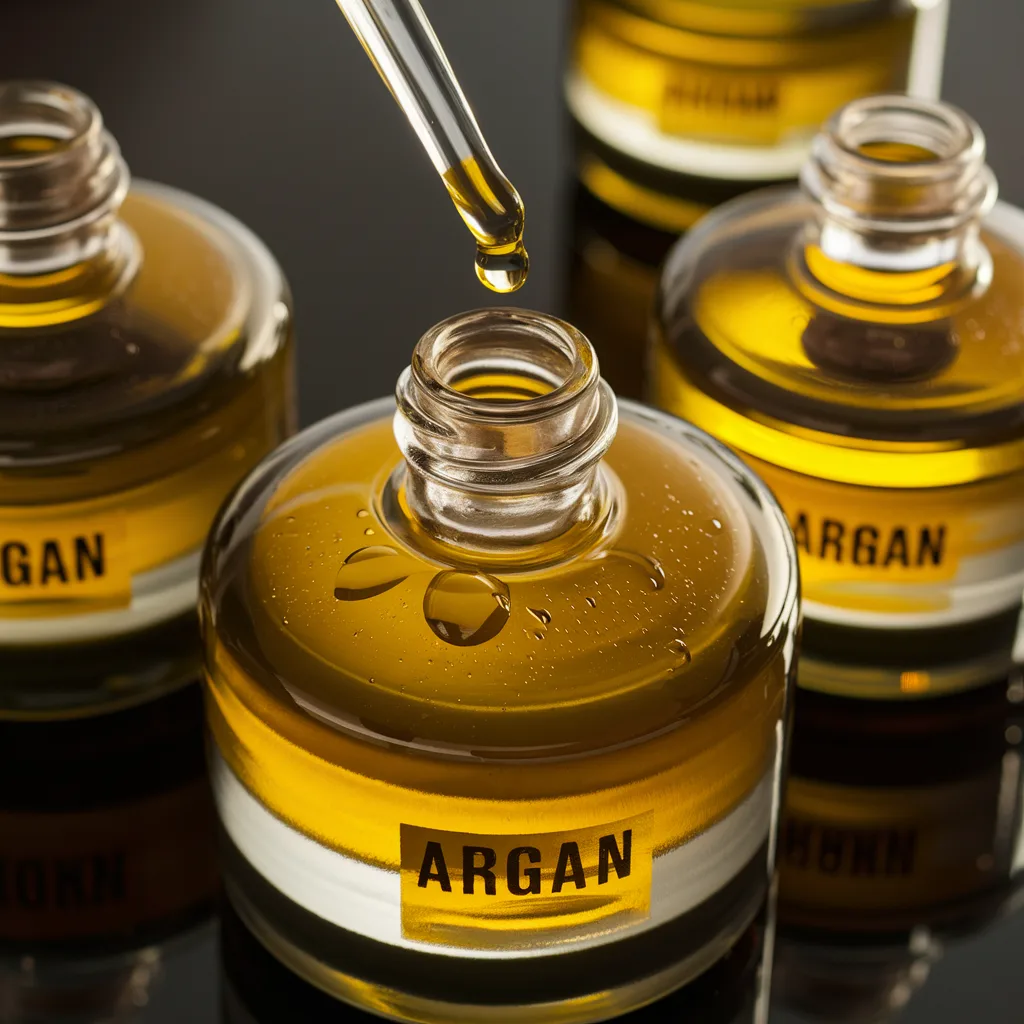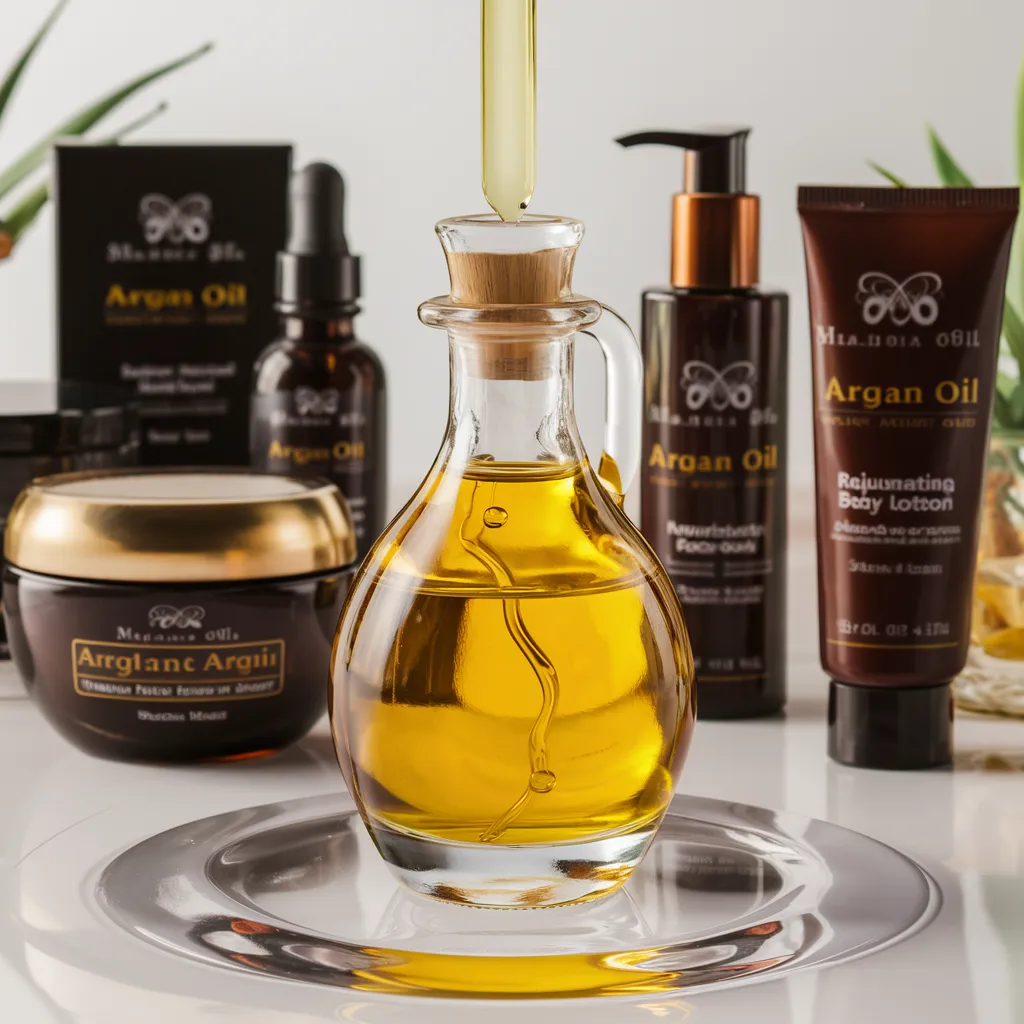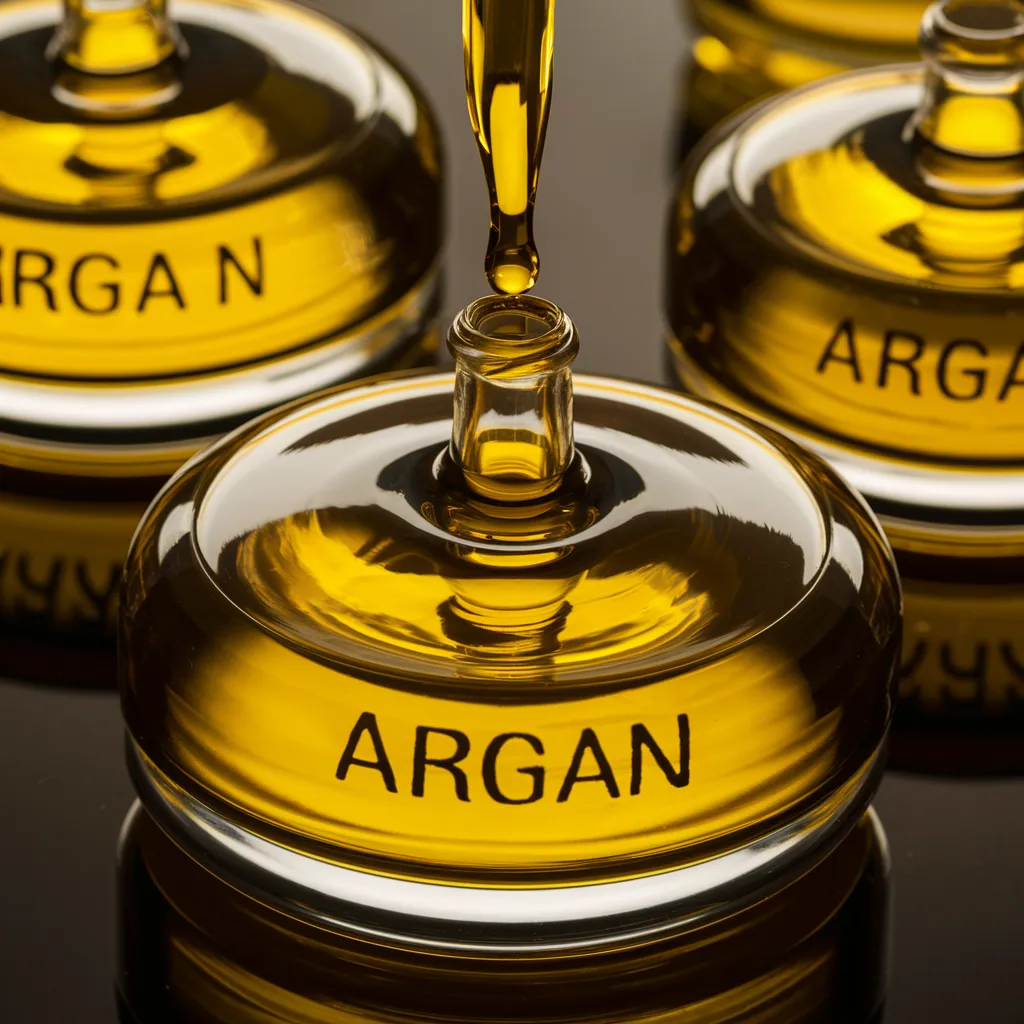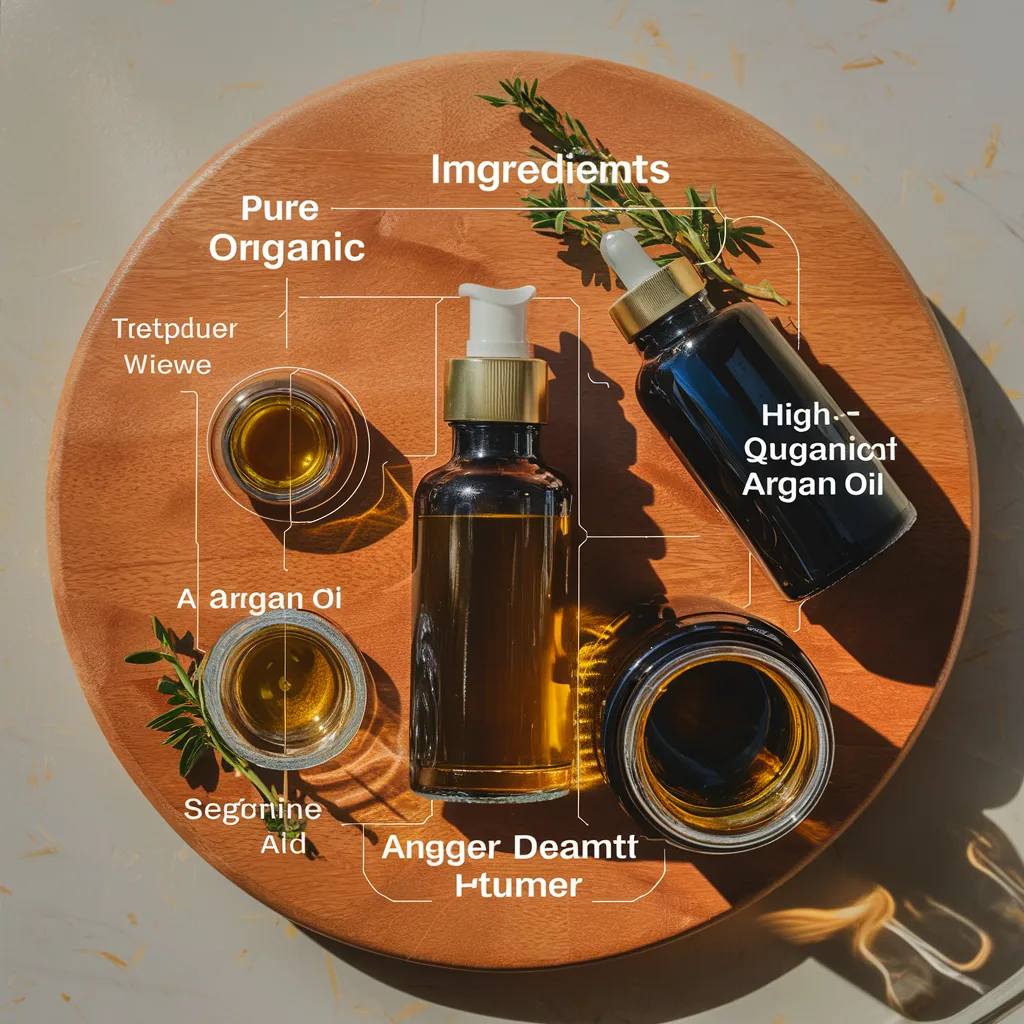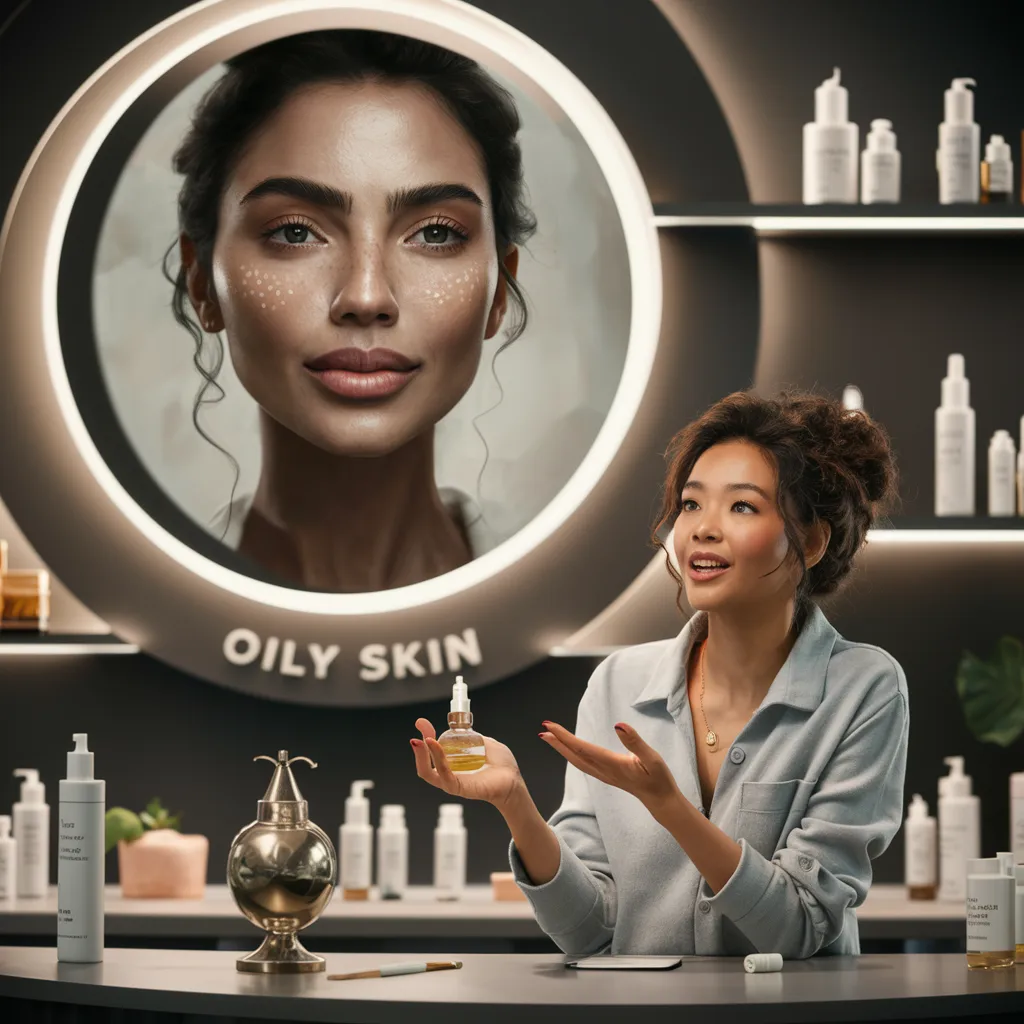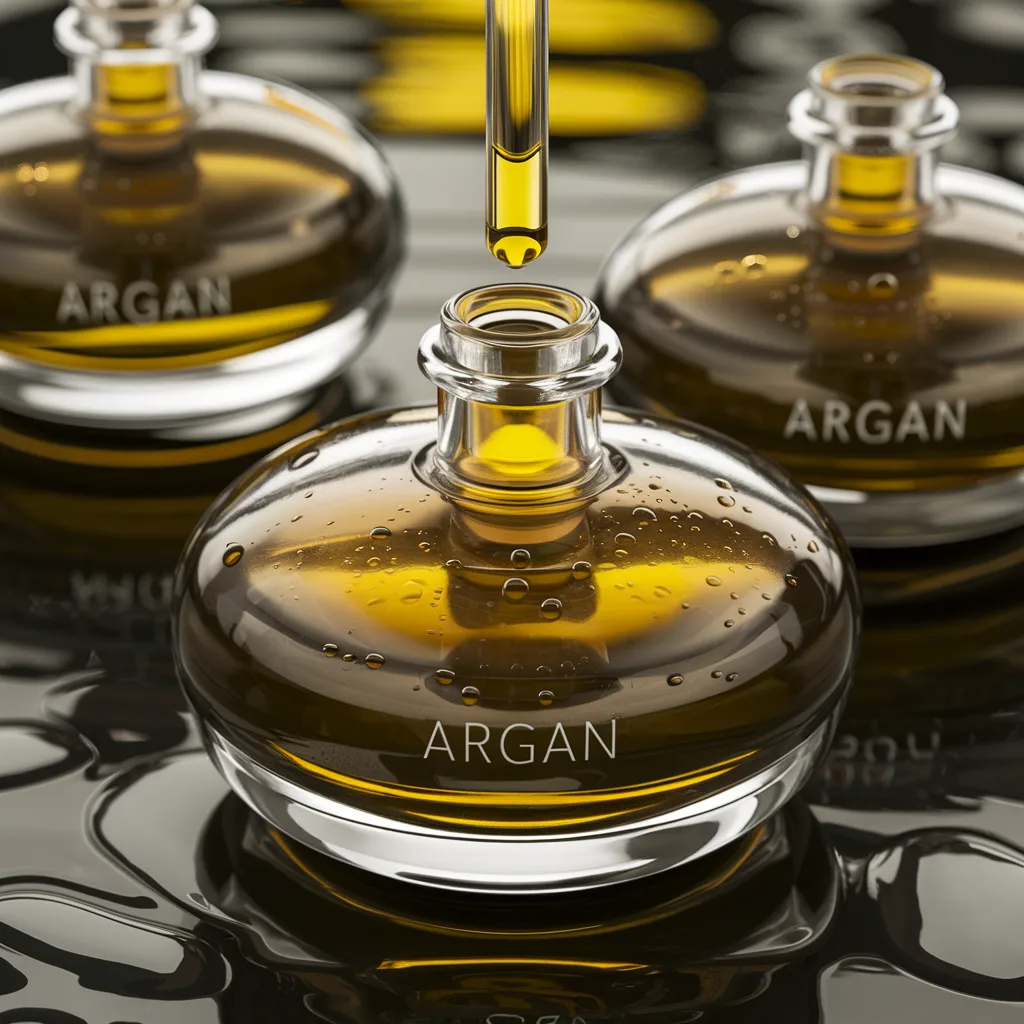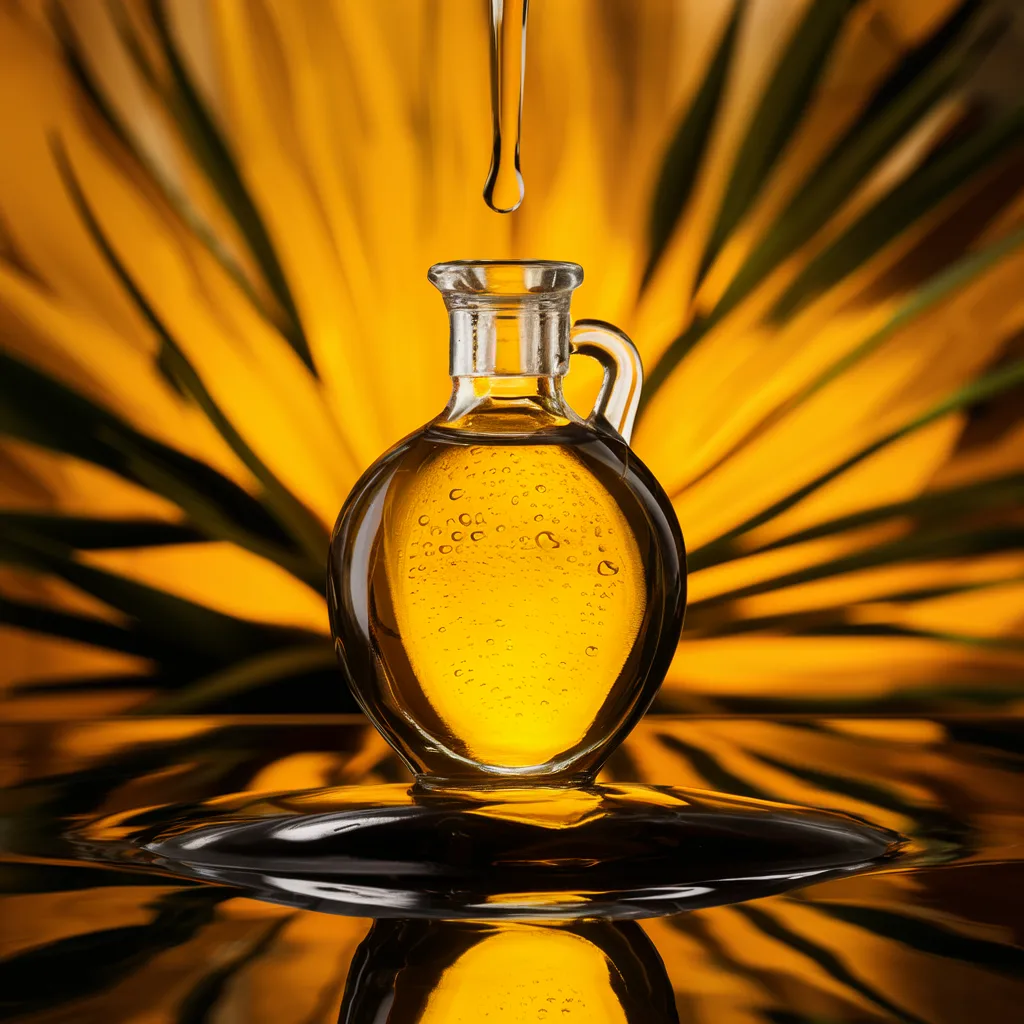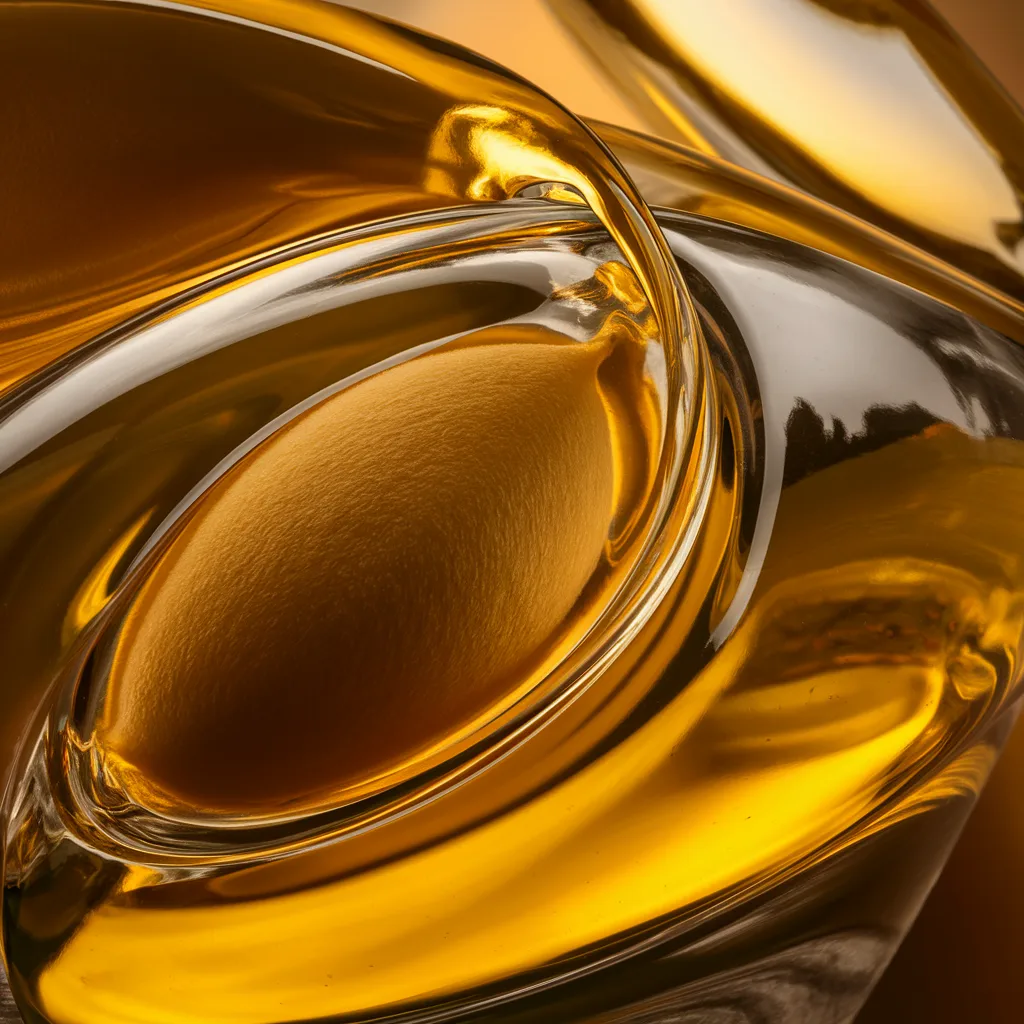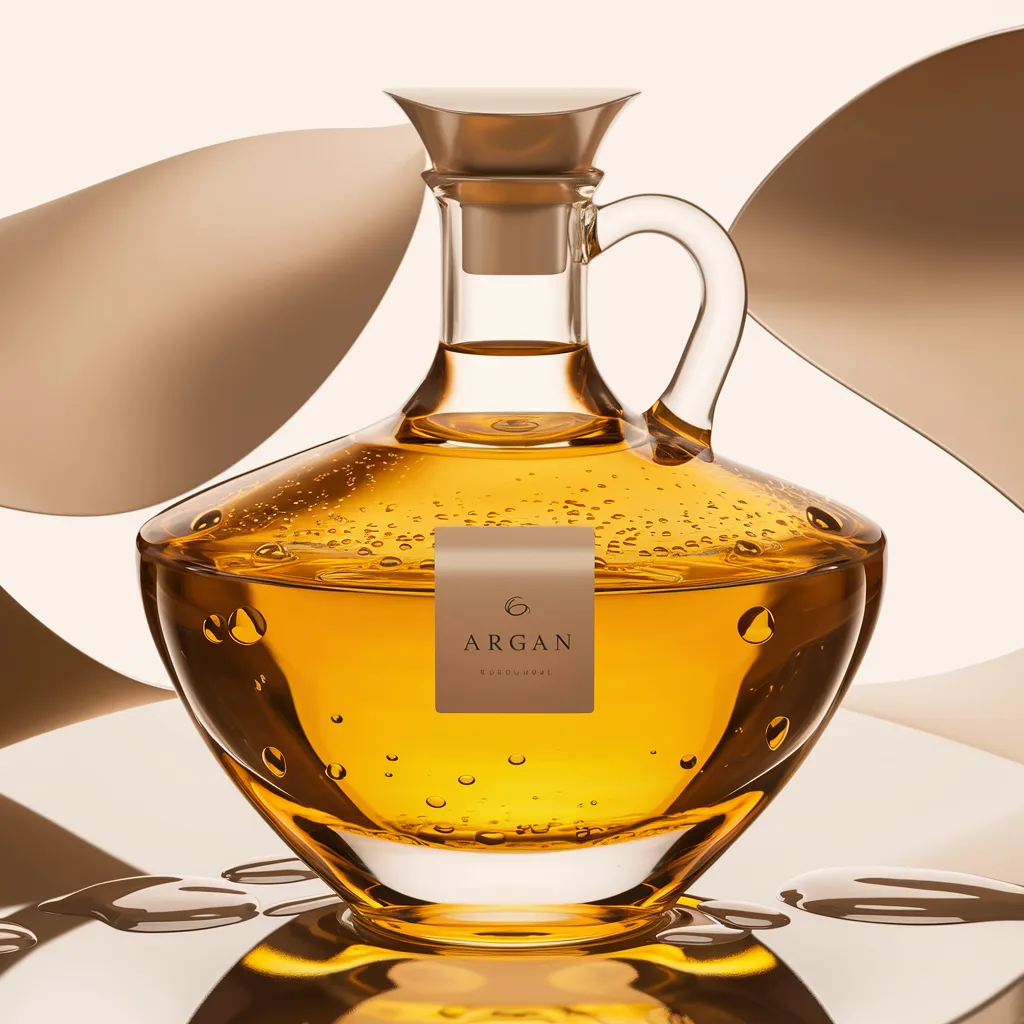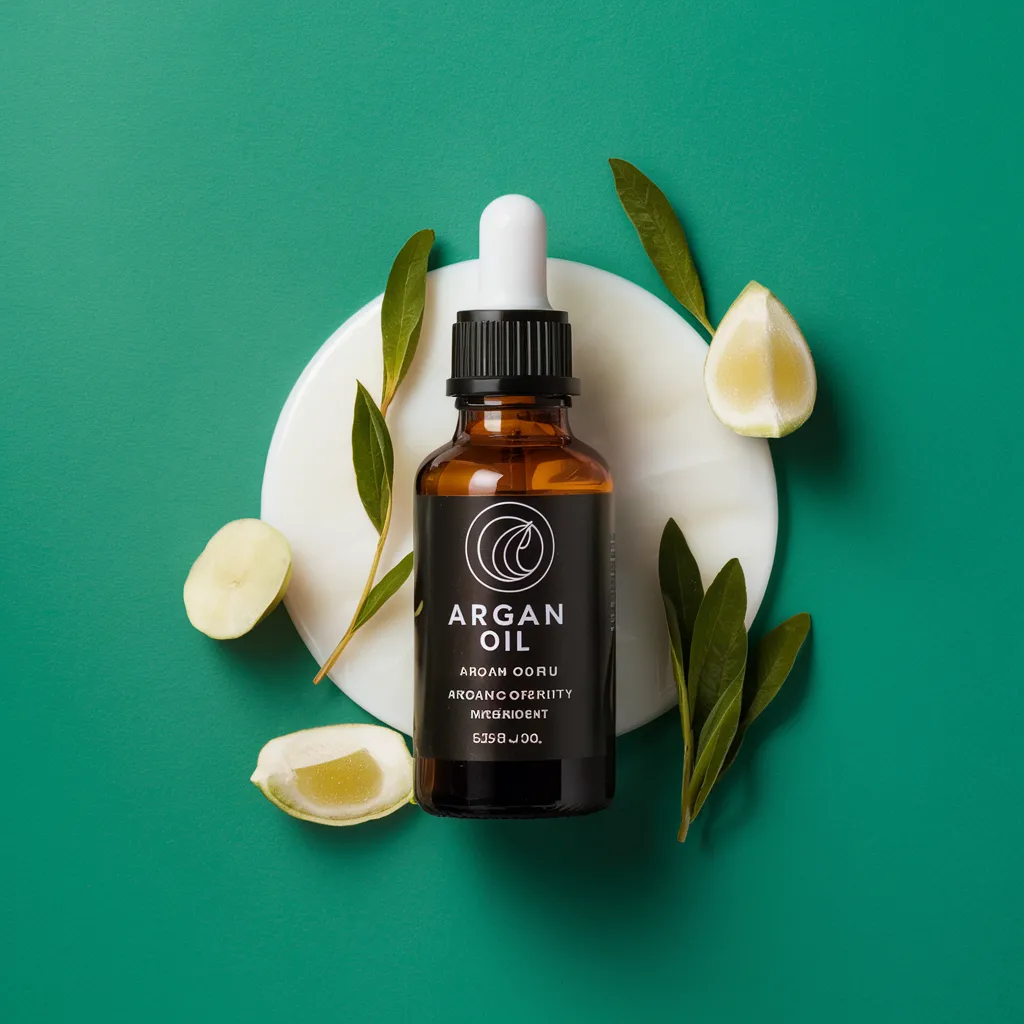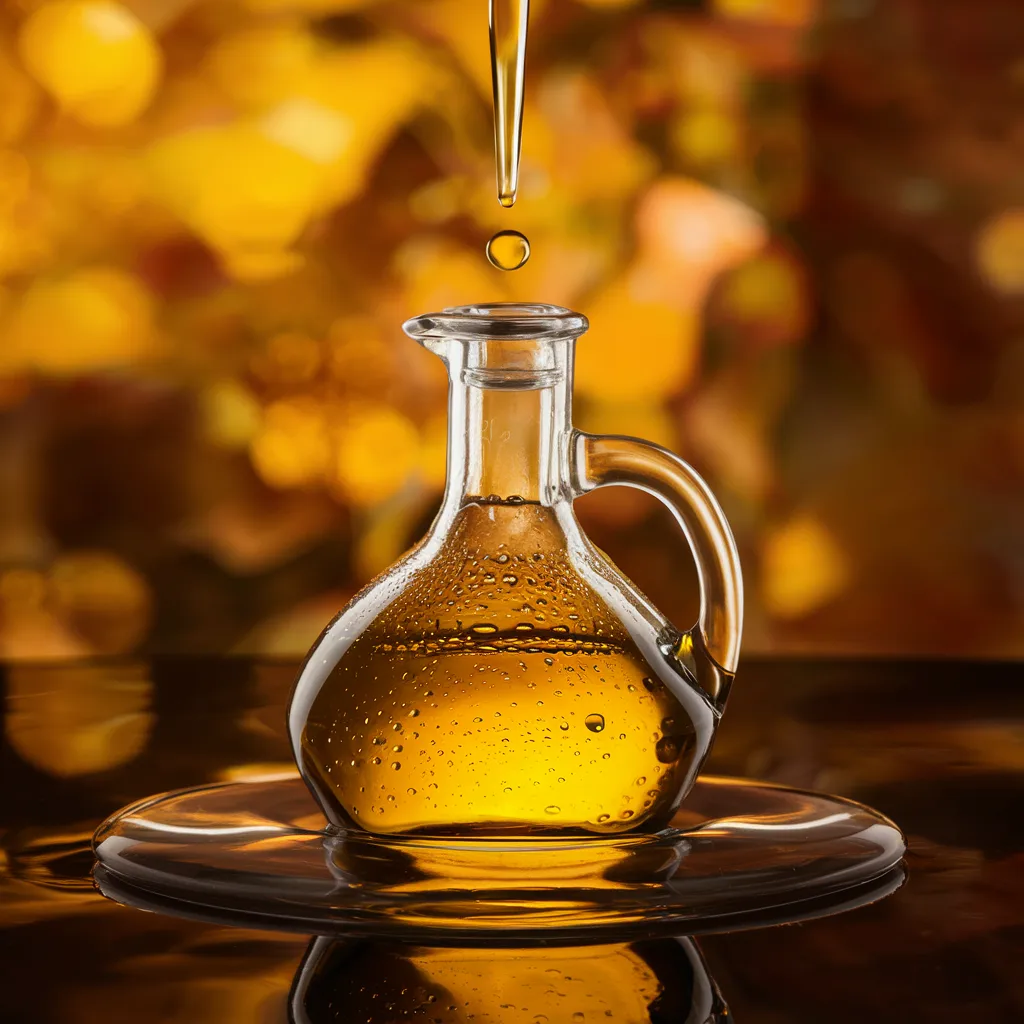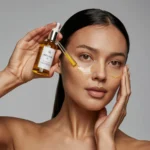This article explores the benefits of using argan oil for oily skin. It also covers expert insights and user testimonials on the usage of argan oil for oily skin.
Argan oil has been a staple in skincare for centuries. The oil is cherished for its versatility and nourishing properties.
Argan oil is extracted from the kernels of the argan tree, which is native to Morocco.
The “liquid gold,” as it is called, is rich in fatty acids and vitamin E, making it a powerhouse ingredient in many skin care products.
Argan Oil FAQ: Answers To Your Frequently Asked Questions
There are misconceptions about using oils on oily skin, especially the fear of clogging pores.
Argan oil defies the myths. The oil’s unique composition makes it suitable for all skin types, including oily and acne-prone skin.
Understanding Oily Skin
Oily skin occurs due to the overproduction of sebum, the natural oil produced by sebaceous glands.
The excess sebum causes a range of issues, including acne, enlarged pores, and a persistently shiny complexion.
People with oily skin tend to struggle to find the right skin care products that won’t worsen the condition.
Several factors contribute to oily skin
- Genetics plays a significant role; if your parents have oily skin, you’re more likely to have it, too. Hormones also influence sebum production. Many people experience oilier skin during puberty or certain times of the month.
- Diet and lifestyle are other factors. Consuming a lot of greasy or sugary foods increases oil production, and stress triggers hormonal changes that lead to oily skin.
- Lastly, environmental factors such as humidity and pollution could worsen the condition.
Argan Oil: The Basics
Argan oil is a versatile and nutrient-rich oil derived from the kernels of the argan tree, which is native to Morocco.
The luxurious face oil is extracted through cold-pressing the kernels to produce unrefined argan oil. Cold pressing allows the oil to retain its beneficial properties and remain free from harmful chemicals and additives.
Argan oil contains essential fatty acids, vitamin E, and powerful antioxidants. These components make it a fantastic addition to any skincare routine.
Argan oil’s moisturizing properties are particularly beneficial for maintaining skin hydration, making it suitable even for oily skin.
Argan oil offers anti-inflammatory and antioxidant benefits as well.
Why Argan Oil Works for Oily Skin
One key reason argan oil is effective for oily skin is its non-comedogenic nature.
Argan oil is unlikely to clog pores, a common concern for people with acne-prone skin.
In the world of skincare, oils are rated on a comedogenic scale from 0 to 5, with 0 being non-comedogenic and 5 being highly likely to cause breakouts.
Argan oil falls around 0-1 on this scale, making it a safe choice for most skin types, including oily and prone skin.
Argan oil also helps in balancing sebum production.
The oil has a unique ability to regulate and normalize the skin’s natural oil production.
Argan oil boasts powerful antibacterial properties, which help prevent acne-causing bacteria.
It is an excellent choice for acne-prone skin, as it helps keep breakouts at bay without the harsh effects of many conventional skin care products.
Another reason argan oil is ideal for oily skin is its light texture and quick absorption.
Unlike heavier face oils, argan oil penetrates quickly and leaves a non-greasy finish.
Scientific Evidence and Expert Opinions
- There is a growing body of scientific evidence highlighting the effectiveness of argan oil for oily skin.
Several studies support the use of argan oil for managing oily skin. Research has shown that argan oil may reduce sebum levels.
- In a study published in the Journal of Cosmetic Dermatology, participants who applied argan oil daily for four weeks experienced a noticeable reduction in oiliness and improved skin texture.

Dr. Joshua Zeichner, a dermatologist based in New York, highlights argan oil’s unique composition of fatty acids and vitamin E.
- According to Dr. Zeichner, the ingredients nourish the skin and provide anti-inflammatory and antioxidant benefits.
Dr. Whitney Bowe, another prominent dermatologist, recommends argan oil to her patients with acne-prone skin.
She emphasizes that argan oil’s non-comedogenic properties mean it won’t clog pores, a common concern with many other face oils.
Testimonials from users with oily skin
I recently posted on my Facebook group, where we have a wonderful community of skincare enthusiasts, asking if anyone had tried using argan oil for oily skin.
The response was overwhelming! It is incredible how many people shared their experiences and insights.
Sarah says that she has been struggling with oily skin for years, trying countless skincare products that promise to banish shine and control breakouts. Nothing seemed to work until she discovered argan oil. Sarah decided to try it after reading about its benefits online, and she’s thrilled with the results.
“After just a few weeks of using argan oil, my skin feels more balanced and less greasy,” Sarah shares.
But Sarah isn’t the only one singing the praises of argan oil.
- Emmanuel had resigned himself to a lifetime of blotting papers and mattifying powders until he stumbled upon argan oil in his search for a more natural solution. “I was skeptical at first, but I noticed a difference almost immediately,” Emmanuel admits. “My skin looks smoother, and I haven’t had a major breakout since I started using it.”
Many members showed impressive before and after results, showing significant improvements in oiliness and acne. Others even mentioned how argan oil helped fade acne scars and even out their skin tone.
However, not everyone was convinced. A few people admitted they were still undecided about argan oil’s effectiveness.
How to Use Argan Oil for Oily Skin
Using argan oil for oily skin is simple and can be easily incorporated into your skincare routine. Here’s a step-by-step guide on how to make the most out of this versatile oil:
- Cleanse: Start by cleansing your face with a gentle face wash suitable for oily or acne prone skin.
- Tone: Apply a toner to help balance your skin’s pH levels. Look for a toner that contains natural ingredients and is free from harsh chemicals.
- Moisturize: Once your skin is clean and toned, it’s time to moisturize with argan oil. Argan oil is lightweight and absorbs quickly, making it ideal for oily skin.
- Spot Treatment: In case you have active breakouts or areas of concern, use argan oil as a spot treatment. Dab a small amount of oil onto the affected area and allow it to absorb overnight. The antibacterial properties of argan oil help reduce inflammation and promote healing.
- Consistency is Key: For best results, use argan oil regularly as part of your skincare regimen. Incorporate it into your morning and evening routines to keep your skin balanced and hydrated throughout the day.
Frequently asked questions
Is argan oil good for oily skin?
Argan oil is beneficial for oily skin. The oil is actually non-comedogenic, meaning it won’t clog pores or worsen oiliness. Argan oil works to balance sebum production, helping to regulate oil levels and prevent the skin from overproducing oil.
Is argan oil greasy on skin?
Argan oil is not greasy on the skin. Despite being an oil, argan oil has a lightweight texture that absorbs quickly into the skin.
Can argan oil clog pores?
Argan oil is non-comedogenic, which means it is unlikely to clog pores. Argan oil has a lightweight texture that absorbs quickly, allowing it to hydrate and nourish the skin. Like any skincare product, patch test first, especially if you have sensitive or reactive skin. Overall, argan oil is a safe and effective option for keeping your skin hydrated and healthy.

I’m a devoted organic skincare enthusiast, passionate about the natural, wholesome goodness that organic products bring to our skin.
Organic skincare isn’t just a hobby for me—it’s a lifestyle. Every product I use, recommend, and write about has been carefully chosen for its purity and effectiveness. Everything I write about is backed by scientific studies, dermatologists’ opinions, and user experiences.
I also excel at tackling skincare challenges with innovative, organic solutions.
